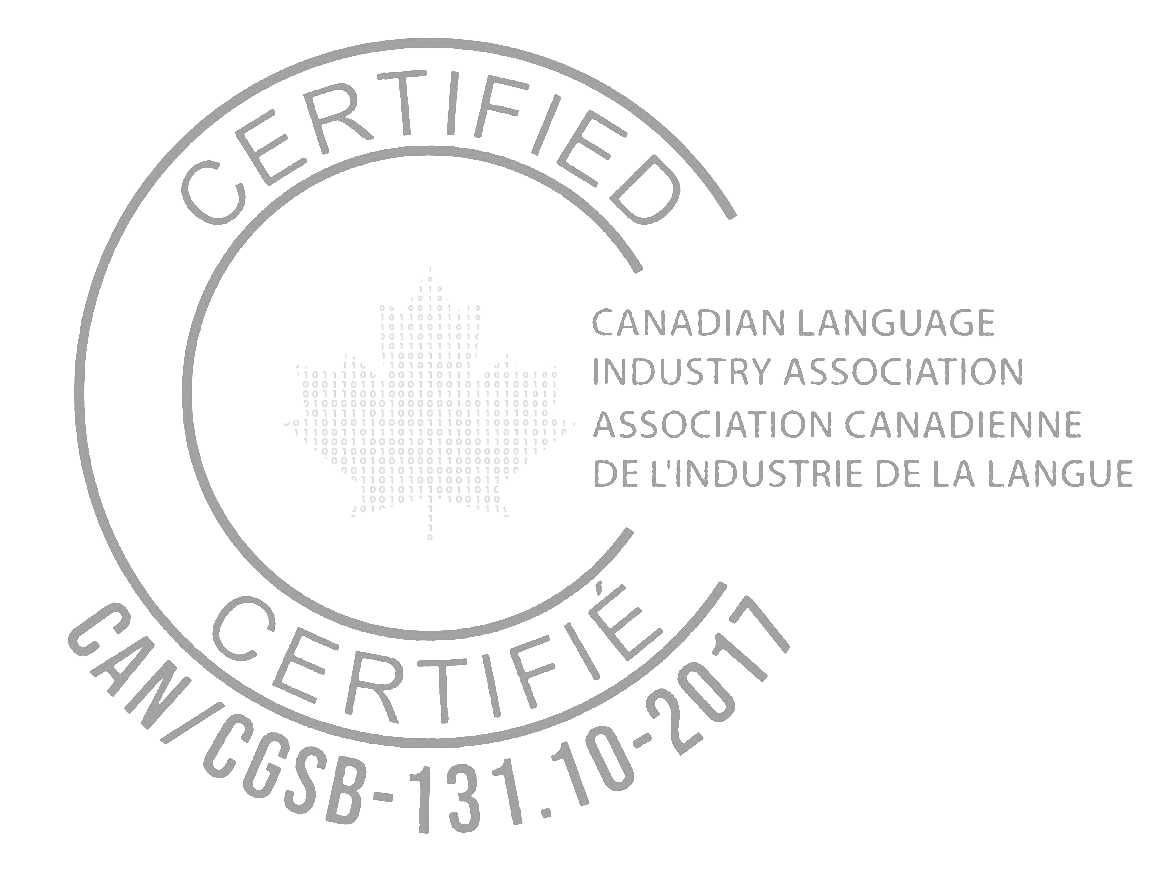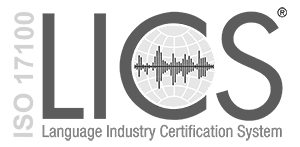The entire business world has undergone an incredible transition in just two short years. A.I., a topic not long ago faced with endless scrutiny, has quickly become adopted across industries. Some organizations have been cautious, while others have been considered reckless in their pursuit of A.I., using the wrong tools in the wrong ways.
However, some industries have been cautious and critical in their approach to A.I., ensuring the correct solutions are being employed to minimize risk.
One industry in particular has watched and acted with cautious optimism: securities.
Rather than hastily moving to free translation tools or fly-by-night companies hoping to join the A.I. gold rush, the securities space has largely acted with purpose, finding trustworthy partners to help them adopt A.I. for specific purposes. Of these purposes is translations. Reputation is everything which is why ensuring the highest-quality translations is integral to the securities industry.
In this article we’ll explore the latest A.I. innovations from the field of securities translations, showcasing the evolving trends that are moving the industry forward.
The Landscape of Artificial Intelligence
Before we continue, it is important to have a basic understanding of what A.I. is and how it has evolved.
1. The Progression of Machine Translation (MT)
MT involves utilizing computers to convert text from one language to another and has been a longstanding practice. However, with the advent of Neural Machine Translation (NMT), the true potential of this technology has come to light.
2. Neural Machine Technology (NMT)
NMT employs artificial neural networks inspired by the human brain to identify patterns, encode them into vectors, and decode them to predict word sequences. It surpasses traditional machine translation methods in several aspects:
- It can learn from extensive datasets, enhancing translation accuracy.
- It captures long-range dependencies between words, resulting in more fluent and natural translations.
- It exhibits adaptability to new languages and domains.
Despite its advancements, NMT is still evolving, with certain limitations such as challenges in translating idiomatic expressions and humor, as well as ensuring cultural sensitivity. Although accuracy and fluency are improving, human post-editing is often required to detect these nuances.
However in an industry like securities, where most documents are generally consistent, A.I. language models are the perfect tool to automate the translation process.
Artificial Intelligence in Securities Industry
The securities trading industry is undergoing a significant transformation, which brings many innovations. Within the securities industry, NMT finds diverse applications, spanning from basic tasks like extracting keywords from legal documents and language translation to more sophisticated endeavors, including sentiment analysis and delivering pertinent information. Machine learning models are slowly being integrated into the workflow to generate translations comparable to human fluency.
Investor Communications
The use of A.I. in applications to enhance communication has gained significant traction, not just in the securities industry but broadly within the financial services industry. A.I. algorithms can process large volumes of text quickly, reducing turnaround times and allowing accountants to respond to client and investor inquiries promptly.
Communicating an ETF’s key information is essential in informing an investor’s decision and this is particularly relevant in markets where companies will need to attract international investment. To maximize investments, international companies are looking for A.I. solutions to streamline and automate the translation process to meet the needs of a diverse investor base. This enables accountants to communicate effectively with investors, regardless of their linguistic backgrounds, fostering stronger relationships and facilitating better understanding. By incorporating A.I. translations, accountants can ensure the accuracy and consistency of all investor communications, mitigating any risks.
Document Review
A.I. translations have consistently improved in quality, providing better translations and reducing the need for human intervention. The time to process these revisions and ensure translations are accurate can be a major obstacle to overcome especially with stringent timelines. Some firms have deployed A.I. tools to automate processes that require extensive review of documents, such as trade orders, depositing physical checks, and searching, ranking, and retrieving documents.
This technology enables firms to ensure that translated documents are not only accurate but also adhere to the required compliance standards. In addition to time and cost savings, A.I.-enabled translations can yield results with higher accuracy with a fraction of the effort.
Alexa Translations A.I.
In the field of securities, where mistakes are non-negotiable, the adoption of new technology is approached with caution. Rightly so, a mistake can potentially cause irreparable damage to a company’s reputation and lead to insurmountable losses in investment. Amidst this caution, innovations in machine learning have supplied a bright future in the adoption of this technology in the securities industry.
Determining the right A.I.-enabled translation solution can significantly improve the speed and efficiency of translating complex financial documents. The Alexa Translations A.I. is directly trained by our team of experts to thoroughly understand the nuances of the translation of financial documents. Our product, built upon an advanced NMT engine, offers a reliable and fast translation solution that is entrusted by the largest financial institutions around the world.
See why all our partners entrust us with their securities translations. Get in touch and request a FREE 30-day trial.














